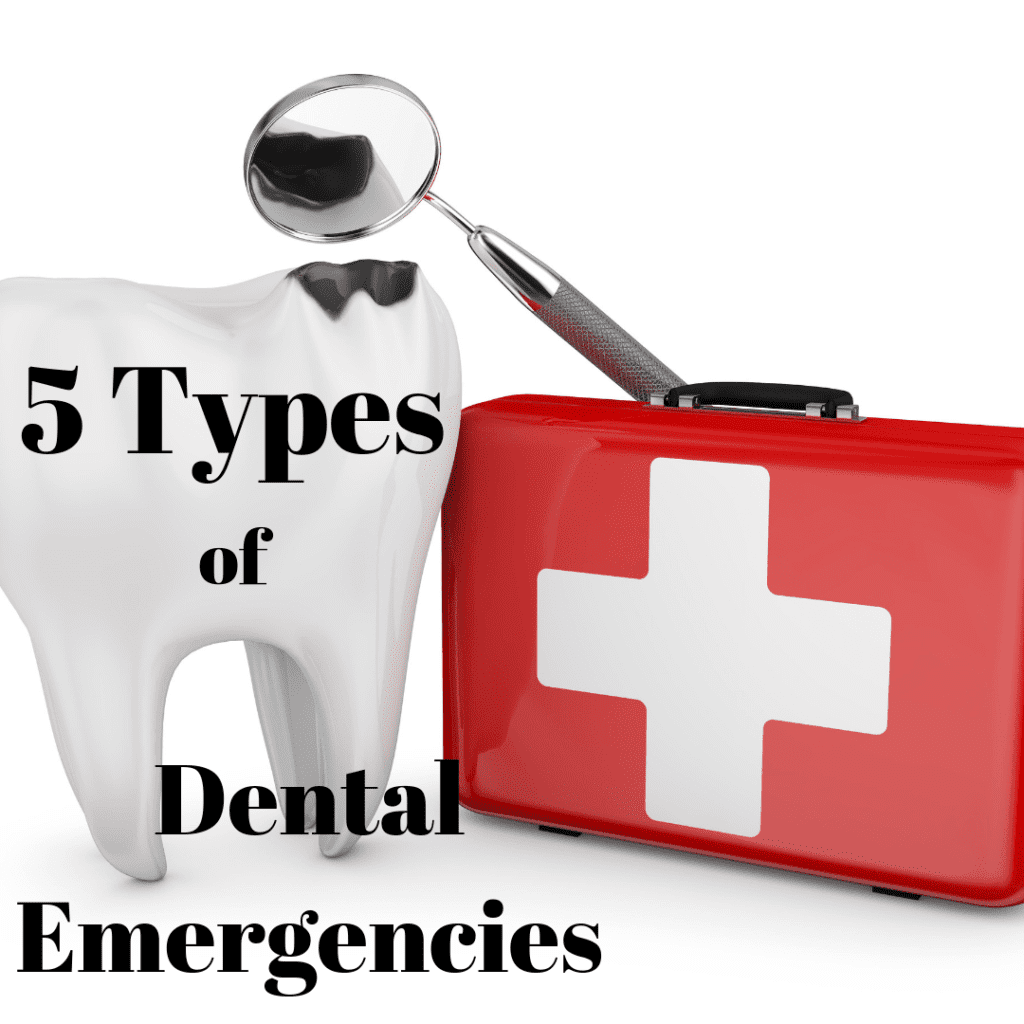Does your tooth ache? Is this a dental emergency? What, exactly, is a dental emergency and what should you do? A dental emergency is loosely defined as any type of issue affecting the teeth or surrounding structures that warrants immediate attention.
If you are experiencing something that you believe warrants immediate attention, you may be experiencing a dental emergency. The first thing you should do in this instance is call your dental office for an emergency dental appointment. Emergency dentists will get you in as soon as possible to evaluate your case and provide the necessary treatment.
While there are several different types of dental emergencies that can occur, there are a few types of dental emergencies that occur more often. The American Dental Association has found that between the year 2000 and the year 2010, the number of dental emergencies rose from 1.1 million to 2.1 million.
With such a large rise in the number of dental emergencies, you may find yourself affected by one. Here are some different types of dental emergencies you may encounter:

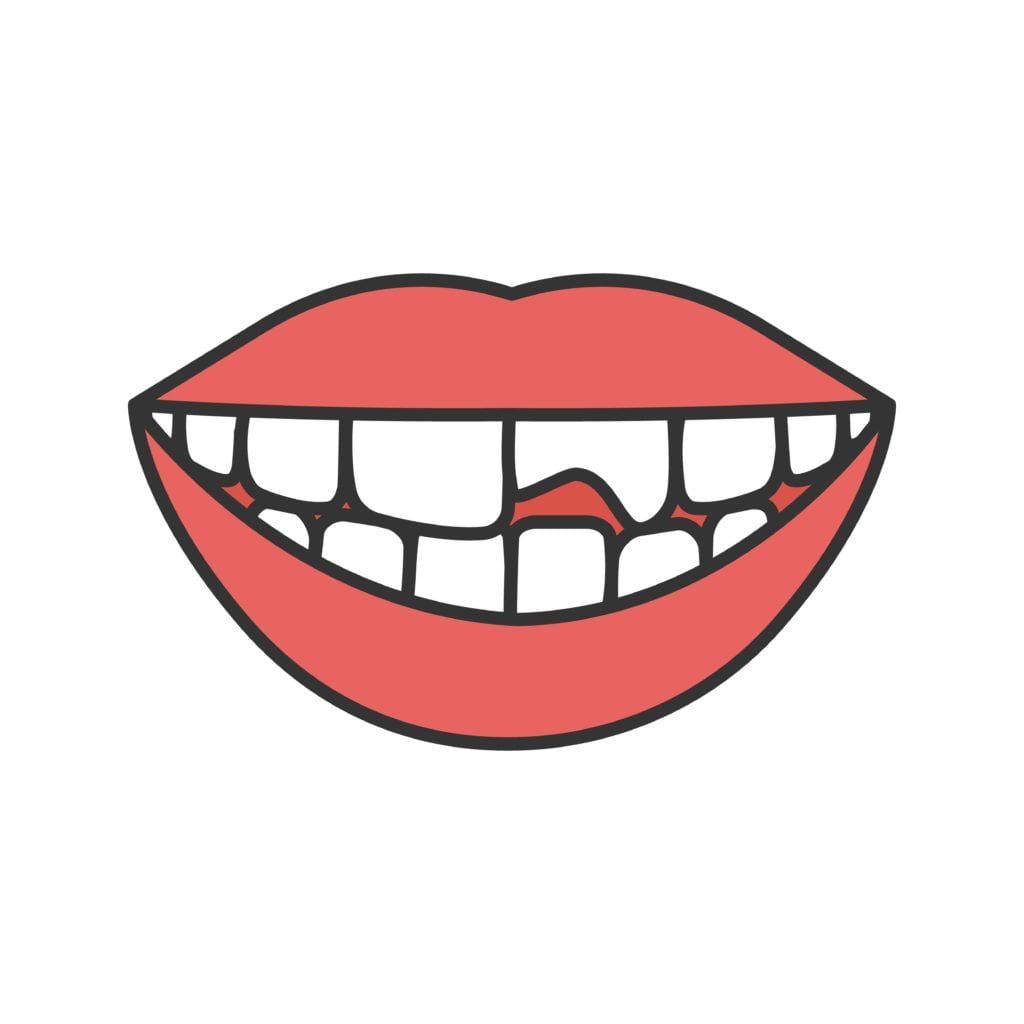
Broken Teeth
Broken teeth can be caused by biting down on something hard or absorbing an impact to the face, especially while playing sports. A broken tooth is a tooth that has become chipped or cracked. In cases where the tooth has become chipped, any fragments should be collected if possible. These fragments should then be kept moist with water or milk until you can be seen by your emergency dentist.
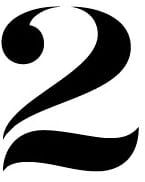
Knocked Out Teeth
A tooth that has become suddenly loose or that has fallen out needs to be seen by an emergency dentist as soon as possible. In the meantime, it is important to correctly preserve the tooth. If the tooth is simply loose, you will want to hold it place by biting down and applying steady pressure. If the tooth has been knocked out, you will want to be sure to only handle it by the crown and avoid touching the roots. Rinse the tooth, but don’t remove any tissue that may be attached. If possible, place the tooth back in the socket and gently bite down to hold the tooth in placed. If the tooth cannot be returned to the mouth, then it should be preserved in a glass of water or milk.
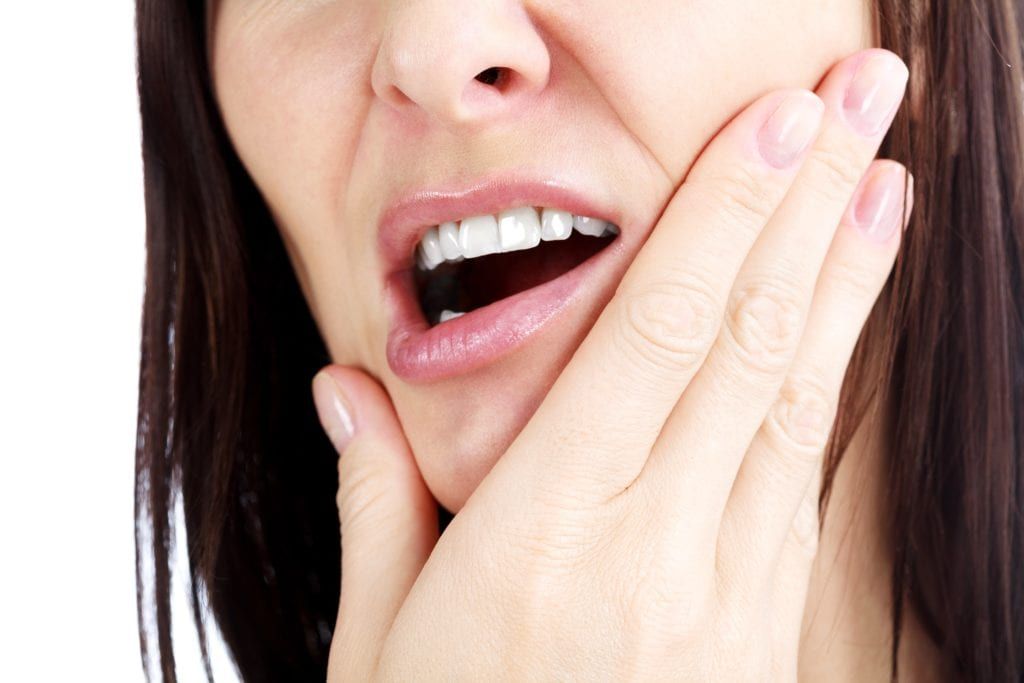
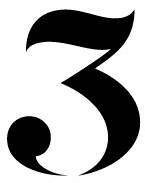
Toothache
Toothaches can have many causes and are a good indicator that something is wrong. The first thing you should do if you have a toothache is to floss. Often times, toothaches can occur simply because something has lodged itself between two teeth and is applying pressure. If you have something between your teeth, never use sharp objects to try and remove it. Instead, visit your dentist’s office. Toothaches can also be the result of tooth decay that has reached the pulp layer. Pulp infections cause pain because there are nerves within the pulp.

Faulty Dental Restorations
There are cases when your dental restoration may start to come loose or fall off altogether. This usually happens when the restoration is nearing the end of its lifespan, but it can also happen if the restoration is exposed to excess force. If your restoration falls off, be sure to rinse it and bring it to your emergency dental appointment. If you have a temporary dental crown that falls off, it is important that you continue to wear this restoration so your teeth don’t move. In these cases, you can use Vaseline, chapstick, toothpaste, or denture adhesive to hold the crown in place.
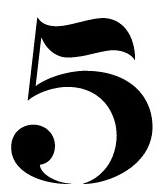
Soft Tissue Injury
Dental emergencies don’t just affect your teeth. They can also affect the surrounding soft tissue structures. Some types of soft tissue injuries include: puncture wounds, lacerations, and tears to lips, cheeks, mouth, and tongue. In these cases, you will want to start by stopping any bleeding that may occur. Then, clean the affected area by flushing it with warm water.
Dental emergencies are not something you should take lightly. If you are experiencing any of these scenarios, you should call your emergency dentist immediately to schedule an emergency dental appointment.

Dr. Michael C. Shuck received his Doctor of Dental Surgery (DDS) degree from the Medical College of Virginia, Cum Laude. He takes part in many volunteer outreach events, including Virginia’s Mission of Mercy project, Virginia Special Olympics, Give Kids a Smile, and the Jamaica Project. Dr. Shuck also is a regular volunteer at Williamsburg’s Olde Towne Medical Center. He actively participates with Virginia’s Donated Dental Service. Dr. Shuck has been a practicing dentist in the Williamsburg, Virginia area since 2007.

